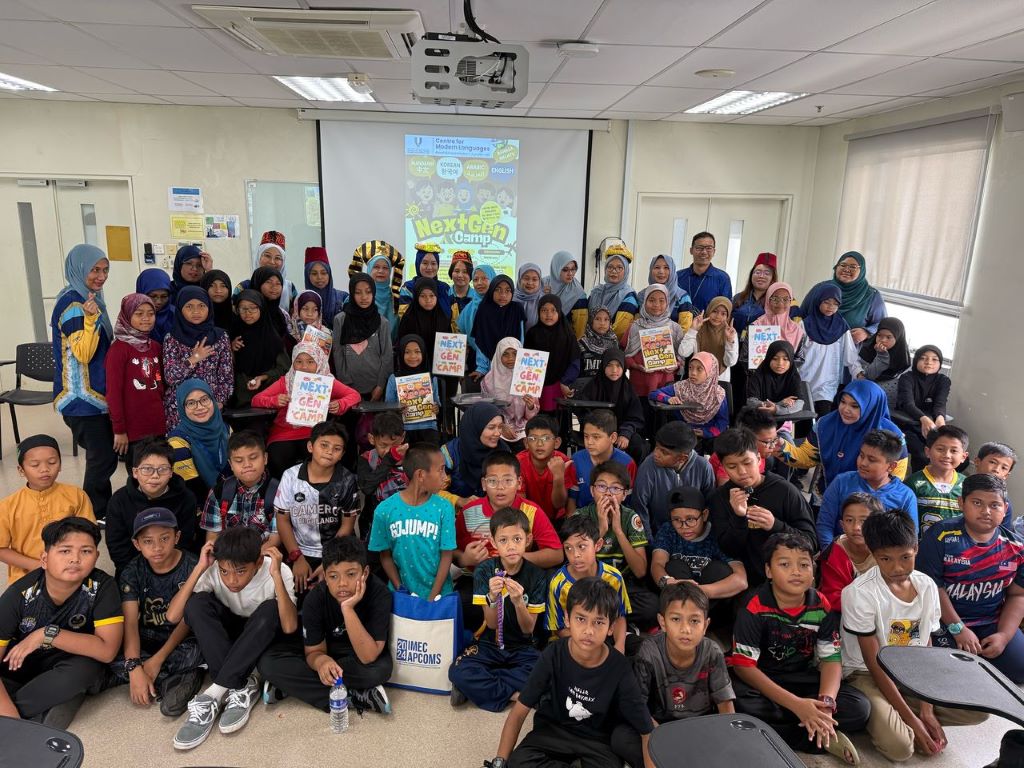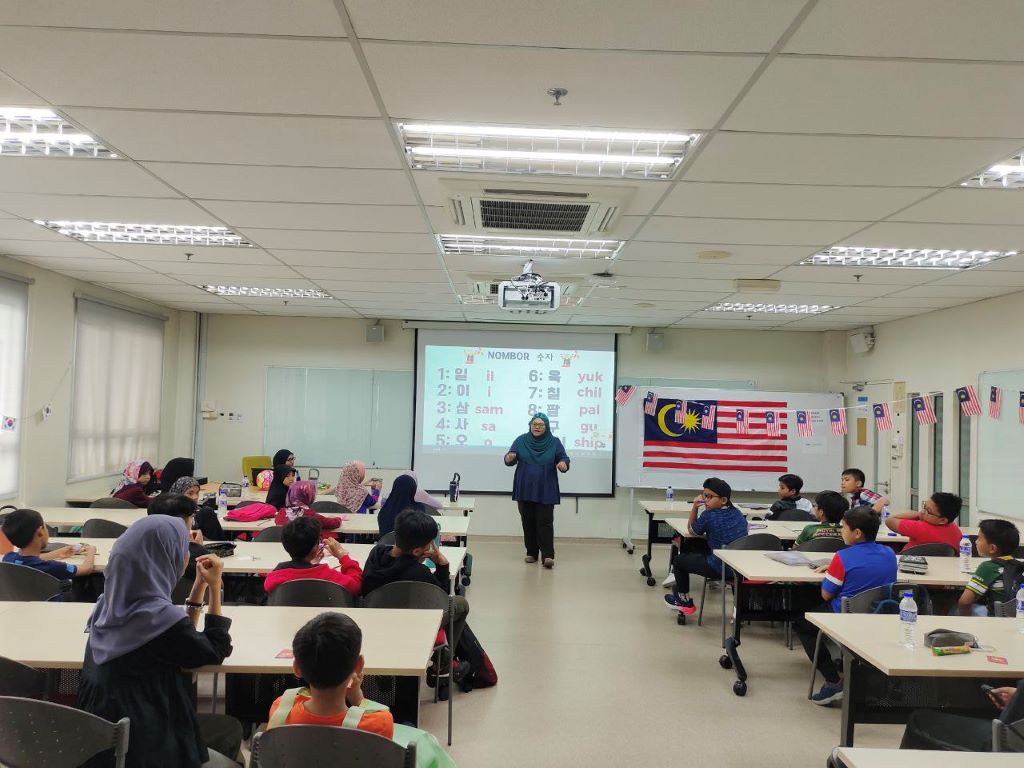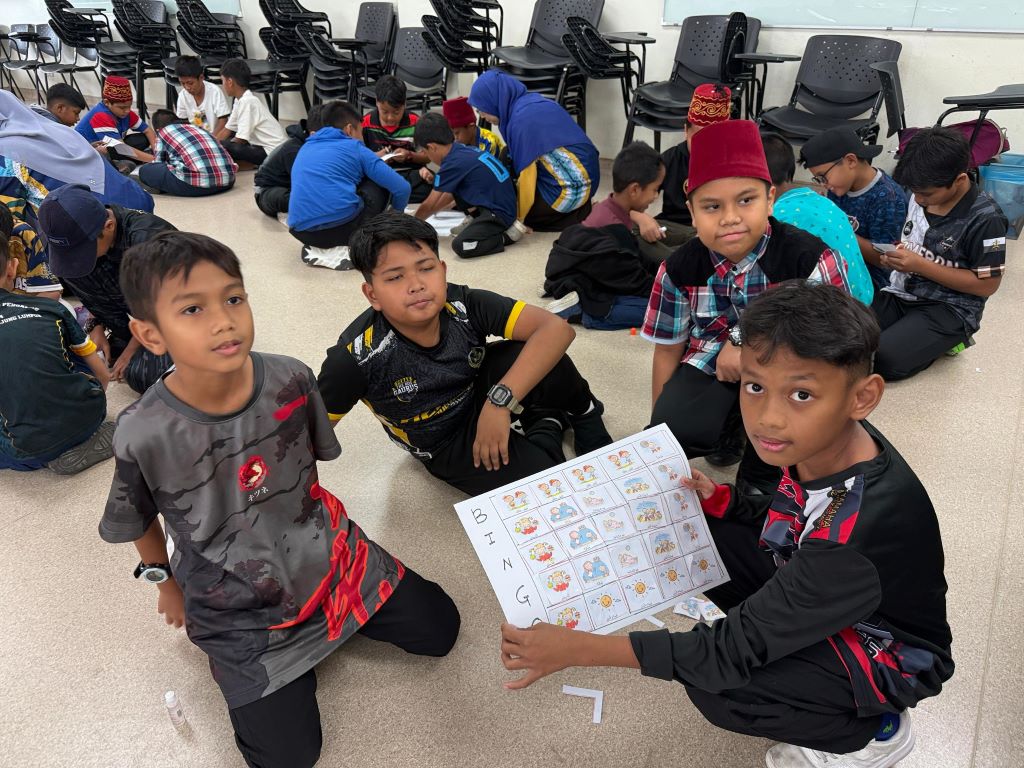Parents’ Openness to Multilingualism Shapes Young Minds
It was just after 9:00 AM on a sunlit Friday morning when the first echoes of laughter filled the halls of the Centre for Modern Languages (CML) at Universiti Malaysia Pahang Al-Sultan Abdullah (UMPSA). Inside, 59 bright-eyed children aged 10 to 12 gathered, not in the usual silence of a classroom, but in a lively mix of excitement, music, and the gentle hum of languages from far and wide. The NextGen Camp had begun, and with it, a quiet revolution was taking place in the hearts and homes of UMPSA families.
The programme aimed to enhance participants' confidence in English communication through interactive language skill sessions, and empower young minds with the confidence to explore new languages.
The camp, a one-day programme designed for the children of UMPSA staff, was more than just a school holiday activity. It was a celebration of something deeper that is an emerging openness among parents toward raising multilingual children. English, Malay, Mandarin, Arabic, and Korean danced across the room through games, songs, stories, and shared laughter. It was a celebration not just of languages, but of a shared belief that multilingualism is not a burden but a gift.
A Language Opens a Door
In one corner of the room, a girl sang a Mandarin greeting song with surprising confidence. A boy beside her copied the Korean bow he had just learned. Another scribbled his name in Arabic script, his brow furrowed in concentration. Their eyes sparkled not because they had mastered the languages in a day, but because they had been given permission to try.
Behind these young learners were the unsung enablers of the day: their parents. Parents who chose not to limit their children’s world to one tongue. Parents who understood that exposing their children to new languages was like opening the windows of a house to let in fresh air, light, and colour. Their willingness to support the camp, encourage participation, and even practise greetings at home revealed something essential: openness breeds opportunity.
The Cognitive Kaleidoscope
Research has long suggested that children who grow up learning multiple languages develop stronger cognitive flexibility, improved problem-solving skills, and heightened empathy. According to Bialystok (2024), bilingual and multilingual children demonstrate enhanced executive function that is a set of mental skills that include working memory, flexible thinking, and self-control. These advantages stem not from rote memorisation of vocabulary, but from being raised in environments that encourage exploration, openness, and linguistic play.
A home where language is viewed as an adventure not a chore, becomes a playground for the brain. A home where accents are celebrated, not mocked. A home where a child can say “hello” in five languages and feel proud, not embarrassed.
The NextGen Camp didn’t just plant vocabulary but it planted curiosity. And once curiosity is sparked, it rarely stays still. Feedback from children reflected their excitement. Wan Muhammad Azmi (10 years old) shared, “I really enjoyed the camp and learned a lot of basic greetings in different languages.” And Sarah Muhammad Naufal, a cheerful 11-year-old added, “I want to join again next time. I had fun with all my friends and learned how to say thank you in Korean, Arabic, and Mandarin!”
Beyond their cheerful words lay something deeper that is growing brains forging new neural pathways through linking sounds, scripts, gestures, and meanings. The skills that will benefit them for years to come.
Parenting the Multilingual Way
Openness to multilingualism starts at home, and it doesn’t require parents to be fluent in five languages. It starts with attitude. With saying “yes” when a child wants to learn a new language. With reading bilingual books together, watching animated shows in other languages, singing foreign songs on car rides, or simply greeting “Selamat pagi” with “Good morning” and “Zǎoshang hǎo.”
It means understanding that children don’t confuse languages but they connect them. And when they mix words or make mistakes, it isn’t failure, instead it’s learning in action.
At the NextGen Camp, this philosophy came to life. Each session was thoughtfully crafted to engage the children cognitively while keeping joy at the centre. The presence of diverse languages allowed each child to find a voice, not just in pronunciation, but in confidence and creativity.
The Superpowers of Multilingual Minds
Multilingualism has far-reaching benefits that extend beyond the classroom. Studies show that children exposed to multiple languages perform better in tasks involving attention, memory, and problem-solving (Xia et al., 2024). Multilingual children are also more adept at perspective-taking and often show greater cultural sensitivity and openness.
In social settings, multilingual children tend to communicate more effectively and show higher levels of empathy. They are also better prepared for the global job market, as language diversity continues to be a sought-after skill in an interconnected world.
In Malaysia’s multicultural society, multilingualism strengthens not only individual identity but also social cohesion. Children who can navigate between languages can also navigate between cultures, making them natural bridge-builders in diverse communities.
From Theory to Tongue: The Language Learning Ethos
The philosophical roots of multilingual education can be traced to Vygotsky’s sociocultural theory, which highlights the role of social interaction and cultural tools like language in shaping cognitive development. Vygotsky (1978) posited that learning is inherently a social act, and language is the primary medium through which thought is developed and meaning is made.
Linguist Chomsky (1965) also argued that humans are biologically equipped for language learning, capable of acquiring multiple languages without confusion, especially during the early critical period of cognitive development.
Howard Gardner’s theory of Multiple Intelligences (1983) further supports the value of linguistic intelligence where multilingual children often show strengths not only in communication but also in interpersonal and intrapersonal intelligence.
Together, these philosophies reinforce a powerful message: "when we embrace language learning, we do more than teach words, we nurture minds capable of empathy, adaptability, and innovation".
Looking Ahead
As the day drew to a close and parents arrived to pick up their little polyglots, something had shifted. These children did not just return home with snacks, souvenirs, and goodie bags. They returned with stories of Arabic greetings, Korean games, Mandarin songs as well as a new self-belief that they could learn anything, speak anything, be anything.
And their parents, watching them glow with enthusiasm once they entered the cars, understood something too: that by saying “yes” to language, they had said “yes” to possibility. To cognitive strength. To cultural empathy. To a richer world.
The NextGen Camp is set to return next year. But its legacy is already unfolding in small family’s conversations sprinkled with new phrases, in friendships formed across languages, and in young minds thinking in technicolour. In a world that often builds walls with words, these families are raising children who build bridges instead.
References
Bialystok, E. (2024). The bilingual adaptation: How minds accommodate experience. Where Language Meets Thought, 149-218.
Vygotsky, L. S. (1978). Mind in Society: The Development of Higher Psychological Processes. Harvard University Press.
Gardner, H. (1983). Frames of Mind: The Theory of Multiple Intelligences. Basic Books.
Chomsky, N. (1965). Aspects of the Theory of Syntax. MIT Press.
Xia, R. J., & Haas, B. W. (2024). The effect of bilingualism and multicultural experience on social-cognitive processing: a meta-analytic review. Journal of Cultural Cognitive Science, 8(1), 47-64.
🗞️ For more community initiatives and language learning updates, follow the Centre for Modern Languages social media platforms.
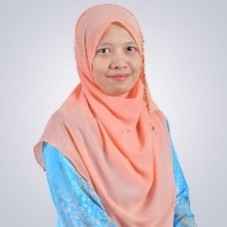
By: ROSNANI ISMAIL
Senior Language Teacher
Centre for Modern Languages
Universiti Malaysia Pahang Al-Sultan Abdullah (UMPSA)
rosnani@umpsa.edu.my
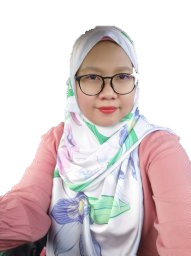
By: NORAISAH NURUL FATWA MOHD RAZALI
Senior Language Teacher
Centre for Modern Languages
Universiti Malaysia Pahang Al-Sultan Abdullah (UMPSA)
noraisahfatwa@umpsa.edu.my
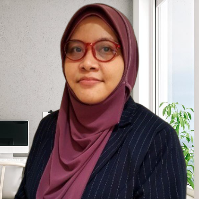
By: DR. UMI KALSOM MASROM
Head of Program (English Language)
Centre for Modern Languages
Universiti Malaysia Pahang Al-Sultan Abdullah (UMPSA)
umikalsom@umpsa.edu.my
- 69 views


